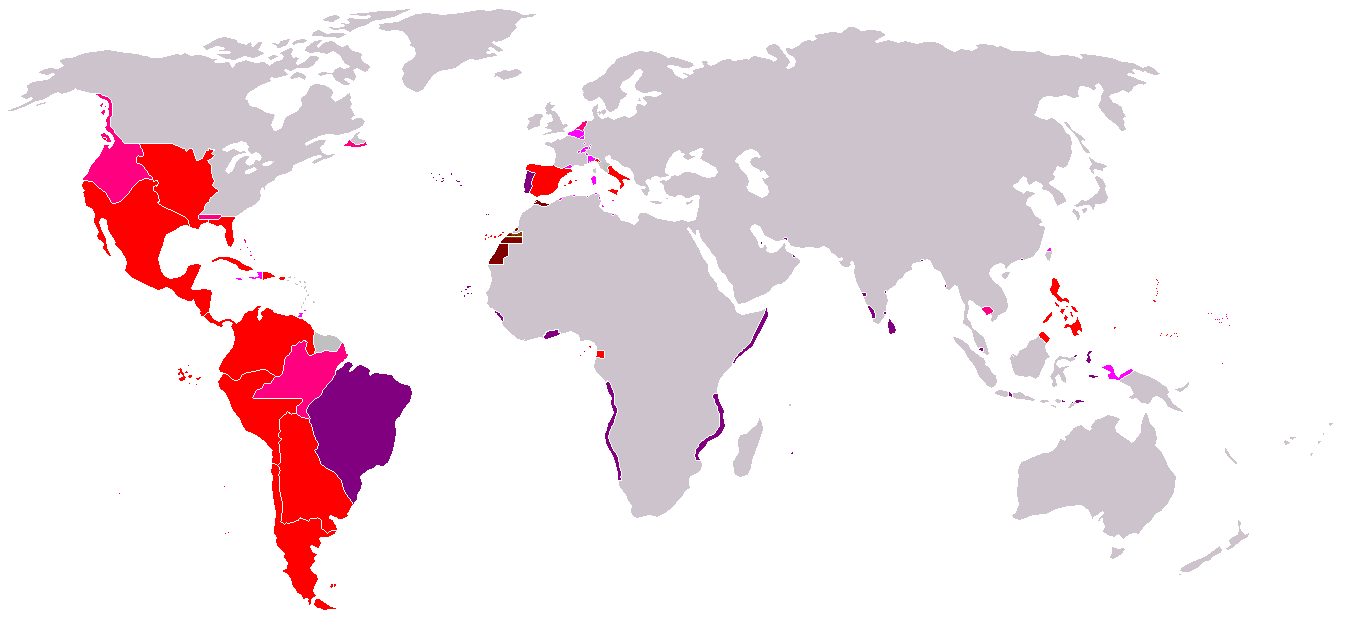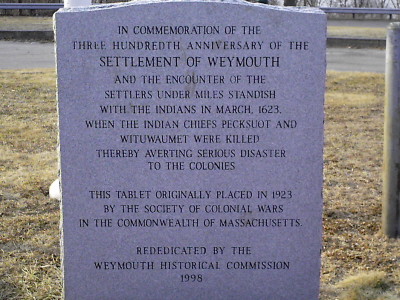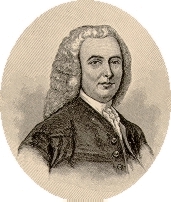Para empezar podrías recomendarle que se dé una vuelta al sur del Río Grande hasta la Tierra del Fuego. Se encontrará con millones de indios y muchos más millones de mestizos. En EE.UU. y Canadá los indios están casi extinguidos, lo mismo que sus lenguas, mientras todavía quedan millones de hablantes de náuatl, maya, quechua, aymara, guaraní y mapudungún. Y si EE.UU. no se hubiera comido más de medio México habría muchos menos indios todavía, claro. Eso sí, los desplazaron repartiéndolos por el territorio estadounidenses para quitarles las mejores tierras. ¿Dónde están los indios evangelizados? ¿Qué escuelas o universidades fundaron para ellos? ¿Con qué libros los evangelizaron? La primera imprenta al norte del Río Grande no se instaló hasta 1639, exactamente un siglo después de que los primeros impresores llegados de Sevilla pusieran sus talleres en México y en Lima, publicando catecismos y libros de texto para los indios. Los gringos solo imprimían para ellos. Dile también que te muestre las leyes anglosajonas de Indias. España es el único país que tiene todo un cuerpo de leyes, de muchos tomos, para regular el gobierno de Indias y evitar y castigar abusos. Incluso con el juicio de residencia al que se sometían obligadamente los virreyes y otros cargos antes de volver a la Península para ver si habían cumplido bien de su cargo y no habían cometido abusos. Cuéntale también que (¡a petición del propio Cortés!) el emperador Carlos I de España y V de Alemania otorgó títulos nobiliarios a los jefes de las tribus que habían ayudado a Cortés a librarlos de los aztecas que los esclavizaban, los sacrificaban y se los comían. Y que a las hijas de Atahualpa, después de bautizadas, se les concedió el título de princesas. Háblale del Inca Garcilaso, mestizo de sangre real y cronista de Indias. En fin, esto por ahora. Voy a ver qué encuentro por ahí. Suerte.


 LinkBack URL
LinkBack URL About LinkBacks
About LinkBacks

 .
.
 Citar
Citar






 . Sólo con el primer mensaje, Hyeronimus, tengo para darle caña un buen rato.
. Sólo con el primer mensaje, Hyeronimus, tengo para darle caña un buen rato. 


Marcadores